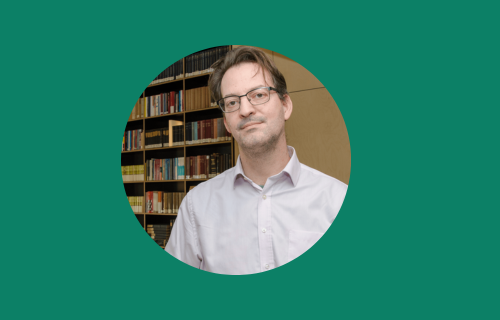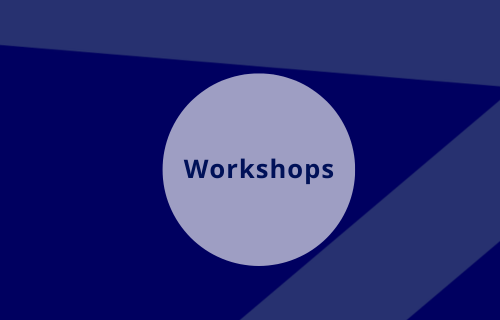
Funded by Erasmus Initiative ‘Vital Cities and Citizens’ (VCC), the Erasmus Initiative ‘Dynamics of Inclusive Prosperity’, the International Centre for Frugal Innovation (ICFI) and International Institute of Social Studies (ISS).
About the Project
In the evolving energy landscapes of modern cities, there are unsung heroes: installer firms that install, maintain and repair the backbone of our energy and heating infrastructures. These drivers of the urban environment play a crucial role in realizing the energy transition. The project "The Installer in the Post-Industrial City" places these essential figures at the centre of the discussion and explores how digitalisation and urban policies and -facilities impact their daily work.
The Research in a Nutshel
Led by Dr. Erwin van Tuijl, this research aims to understand the effects of digitalisation, frugality, and urban policies and – facilities on the daily operations and business models of installers. It combines literature on energy- and wider sustainability transitions in cities and management studies with smart cities and digital platforms and the concept of frugality to unravel the complex dynamics of energy transitions. In this project, frugality refers to simplifying products, services, and business models in resource-constrained environments. By examining three essential dimensions, the study highlights both the challenges and opportunities faced by installation companies in urban energy transitions.
1. Overcoming Constraints
Installers and their clients face numerous constraints, from financial hurdles and energy injustice to a lack of skilled labor and access to materials. This research identifies these limitations and delves into how they affect both installers and their clients, offering insights into (frugal) solutions to overcome these barriers.
2. Digitalisation and the Installer
The second pillar of the research focuses on the impact of digitalisation on the daily operations and business models of installers. Digitalisation encompasses development and use of digital technologies, such as smartphones, apps (like WhatsApp), and artificial intelligence in daily life and work. In an era where smart energy and heating infrastructures, buildings, and renewable energy sources like solar and wind seem to become the norm, understanding these technological shifts is crucial for the installers that install and maintain these infrastructures, also seen the challenges related to the connection (or integration) of smart systems in 'old-school' infrastructures.
3. The Role of Cities
Cities play a pivotal role in energy transitions. They are often responsible for implementing energy policies and are the level of government closest to citizens and local (installer) businesses. This unique position allows cities to lead the change. Based on an analysis of these three dimensions and future scenarios developed within the study, the team aims to provide recommendations on how governments and industry associations can support energy transitions and installers.
Case Studies and Workshops in Post-Industrial European Cities
The research team conducts comparative case studies in the cities of Gothenburg and Rotterdam to gain deeper insights into the local dynamics of energy transitions. Through these case studies the team tries to elucidate:
- How installers deal with resource (e.g., funding, skills, materials, human resources) constraints of clients (including energy poverty) and of their own;
- How and why digitalisation affects installers’ (daily) practices;
- Policies to support installers, and finally,
- Effects on energy transitions.
In addition to collecting empirical data through in-depth interviews, the research team organises workshops with various stakeholders. The participants in the interviews and workshops include installers themselves, policymakers, educators, industry associations, community representatives, and other stakeholders. By mapping and considering technological, social, and institutional developments, the researchers aim to better understand the potential future conditions for installers, with the goal of supporting them more effectively in the challenges of modern energy landscapes.
Impact
This project contributes to scientific and societal impact by addressing the societal challenges of digitalisation and just energy transitions. Thereto, we plug into debates around energy and wider sustainability transitions and platform capitalism to elucidate how platforms and frugality could change installers’ practices in different future scenarios. Through interviews and workshops we do not only unveil existing firm practices and frictions between stakeholders, but also co-creatively identify needs, concerns, opportunities and challenges to inform debates and innovation regarding digitalisation and sustainability transitions. Finally, through cooperation with stakeholders in various cities and our comparative analysis, stakeholders can increase their network and learn from each other.
Project Team
Research Insights
Funded by











